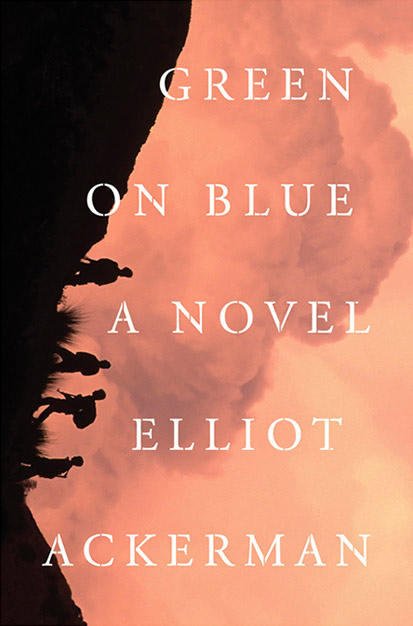We tend to look East with very Western eyes, which is terribly simplistic. The East is where the West was born. The current rush of love for The Silk Roads is great, because we are finally remembering the importance of the East in our own history, that our Western minds have dominated and remade in our own imagine. In our current century, the West has attempted to dominate parts of the East, without ever trying to understand the lands they were heading into. In British eyes, this is par for the course. An Englishman abroad is a funny thing and not always advantageous. British adventurism in the East has been disastrous and lined the pockets of those at the very top, to the detriment and addiction of many. The recent wars fought by the West there only emphasise these mistakes. We have no frame of reference for those we go to “help” or for whom we fight. Those who do gain that vital experience, never seem to be in position to use it and the cycle of misunderstanding and death continues. Elliot Ackerman served five tours in Afghanistan and Iraq, working with local forces in Afghanistan. The insight he gained from these experiences has been channeled into his first novel, set in Afghanistan and told through the eyes of a young man growing up with perpetual war, Green on Blue.
Ackerman tells his tale through the eyes of Aziz, a young man who loses much through the course of the story. Growing up in a small village, he loses a father who had fought the Russians and farmed his land, to those he had formerly fought with. His village and family destroyed, Aziz and his older brother, Ali, flee to a nearby city, where they are forced to beg. Aziz and Ali quickly shows a flair for making himself indispensable in the market and the brothers slowly begin to get on their feet, doing odd jobs and errands for the stall holders. Ali saves the money, intent on sending Aziz to the local madrasa to be educated, something they both previously had aspired too. Aziz shares his new found knowledge with his brother while another war looms and finally overtakes them.
data-animation-override>
“The Militants fought to protect us from the Americans. The Americans fought to protect us from the Militants. Being so protected, life was very dangerous.”
Ackerman seeds his tale with snippets of local knowledge so that things like Pashtunwali, while not perfectly clear (a complex and rather alien concept to a western reader, those western eyes again), the concept of which is understood to the extent that the motivations of those consumed by it are fully drawn. Aziz’s journey from student to soldier is tragic, as is his slow realisation of the realities of war. The circular nature of the war that he has entered is shocking, and yet, one we have shamefully come to expect. The self perpetuating nature of the honour of Pashtunwali, and the need for Badal to reedem the honour of oneself and the family, is perfectly mirrored in a war that has no sides and that everyone is seemingly caught in the middle of. Aziz’s journey and slow realisation of the world he actually inhabits is heartbreaking to follow, as is his hardening heart as the mortars rain down and lines blur further. Ackerman’s prose style is akin to Cormac McCarthy, in that traditional punctuation in the novel is done away with and the prose flows from the page. The little Pashtun I have ever heard is lyrical and sorrowful. Ackerman’s prose seems to capture this and his characters, whether hard or broken, are opened up to us, with small asides that paint a surprising depth. I found, much like when I read McCarthy, it took me a few pages to get my head around the style, but as soon as you do, it only adds to the colour of the tale. If I was to make a criticism it would be that the final act feels hurried given the journey Aziz takes to get there. The denouement, while expected given the name of the book, does pay off well and the reality that Aziz comes to, while not what a Western reader would hope for, makes perfect sense in the world Aziz lives in. Given that Green on Blue is dedicated to two Afghan soldiers that Ackerman worked with, but who are lost to the war they fight, the heartbreak and hard earned understanding of the author gives Aziz a pathos that you understand and, almost grudgingly, accept.
Green on Blue is a heartbreaking read. Seeing the world we’ve watched on the news, for my whole life frankly, through the eyes of someone trying to just live, and not fight their way back to Blightly or the States, is an experience that we need more of. These are not sandpits to confine to a PlayStation, but cultures older than ours that have become lost in our own nation’s ambitions. Despite where Aziz ends, Green on Blue left a part of me hoping the best for Aziz.
Green on Blue by Elliot Ackerman is published by Daunt Books and is available now.
Listen to Elliot Ackerman discuss Green on Blue on BBC Radio 4’s Midweek with Libby Purves.


Leave a Reply